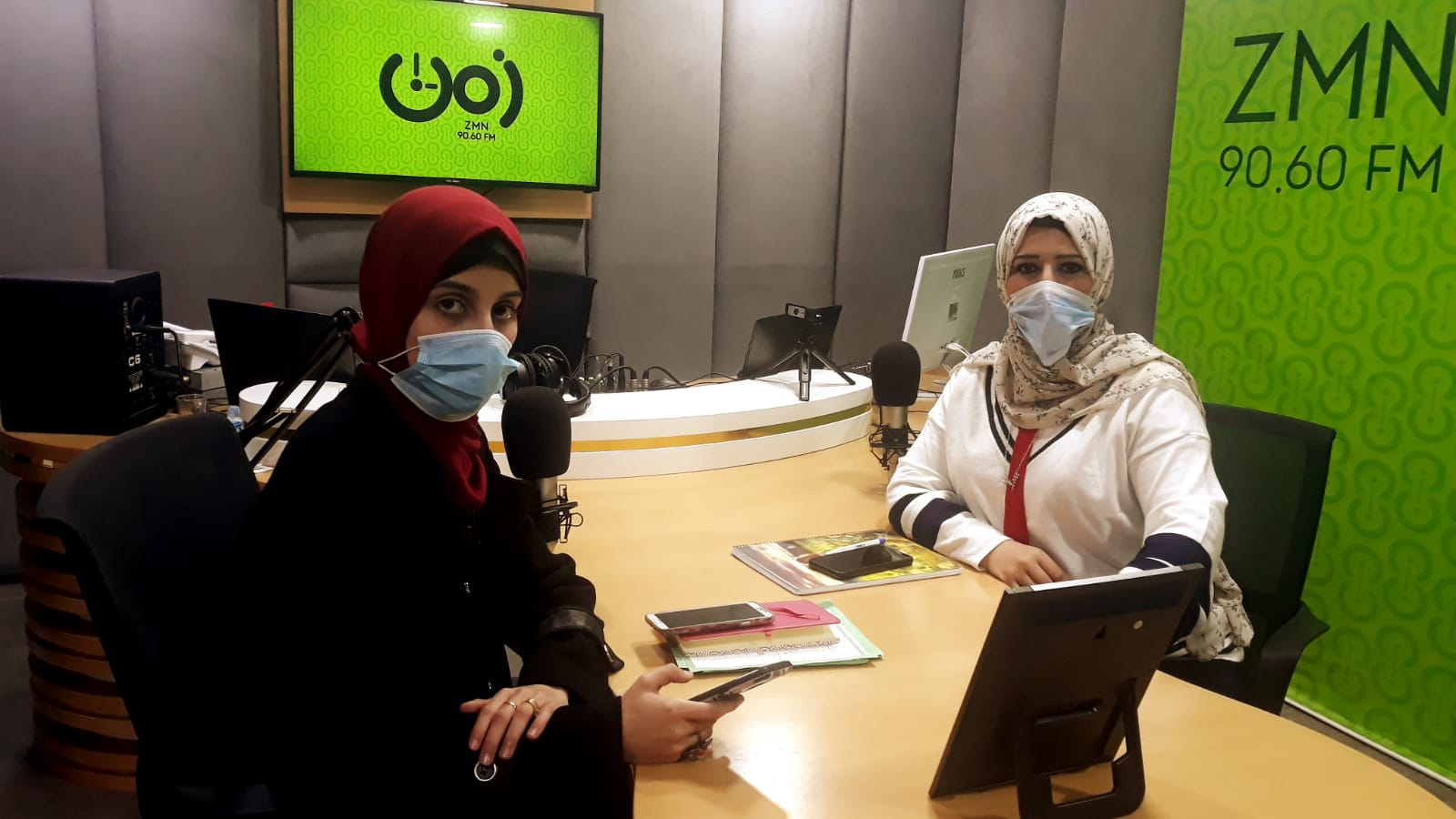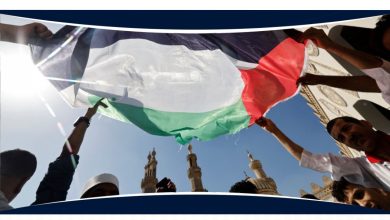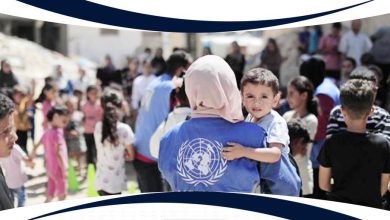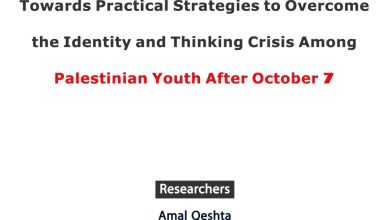Fourth Episode: Challenges of Approving Family Protection Law

The fourth episode of youth creativity radio program discussed a research paper which was prepared by the researcher Mrs Norhan AlTabatibi and it was about the challenges of approving family protection law. Both research paper and radio program are parts of Young Gender- Equality Research Chapter’s Project. It is worth noting that this project is carried out by Pal-Think for Strategic Studies and funded by the Government of Canada.
The episode was opened by the lawyer, Rawan Abu Azza, from psychological and social guidance for women centre in Bethlehem and said that there is organized opposition to this law, and there is no political will to implement it. Then she added that this law does not totally contradict with the Islamic Sharia.
Abu Azza also said that the idea of the draft legislation started in 2004 and followed by 12 drafts because they want to eliminate domestic violence, and they want to tell the community that domestic violence is a crime. Then she emphasized that it is necessary to have a law that provides for the criminalization of domestic violence and that there shall be punished for the perpetrator.
After that Ms Rawan pointed out that this law addresses issues that it has not addressed in advance. Besides, she confirmed that the rates of domestic violence rose during Corona crisis, pointing to the necessity of approving the law to protect women and children.
Abu Azza thinks that the law is not at all contrary to Islamic law. There must be greater human rights pressure than women’s institutions. Plus, they are now aware of the expansion of the circle of advocates of the law.
The researcher Norhan AlTabatibi said the paper’s problem was centered on the challenges facing the family protection law. The aim is to highlight the importance of the law on protecting the family from violence in the Palestinian society and how to overcome the challenges facing its adoption while the rate of violence inside the family rises, reaching 29.9% in 2019, according to the Palestinian Central Bureau of Statistics (PCBS).
Al-Tabatibi reviewed the view of the law-supporting human rights institutions which believes in that the law is based on a preventive procedural philosophy different from the criminal legislative policy prevailing in the substantive and procedural criminal legislation in force in Palestine.
In return, the researcher explained the reasons for the refusal of the founding Council of Palestinian legal lawyers to the draft law, according to its statement issued on 4 June 2020, which is: In the case of the Palestinian people, the Palestinian people are not allowed to take part in the Israeli-Palestinian conflict, and they are not allowed to do so.
In addition, the law clearly targets the legitimate judiciary, legal courts and church courts, as well as its repeal of Personal Status Act No. 61/1979 on the basis of the last article in the draft, and that such laws help to destabilize public order and security, and will lead to murders that threaten the peace and security of the people.
The researcher also reviewed the names of anti-law lawyers, conservative rights institutions, and others with the law, such as the Ministry of Women’s Affairs.
Al-Tabataibi concluded with a historical account of the government’s interaction with the law since 2005, through the launching of national consultations in 2016, as the project was discussed by the Fair legislation Commission for Social Type, and the draft was then submitted to the Law Commission, which made amendments to the draft legislation. Thus, it was referred to the Council of Fatwa and legislation, which in turn referred it to the Council of Ministers, where the seventeenth Government, headed by Dr Rami Al-Hamdallah, referred the draft legislation to the President for issuance.
The office of the President’s legal adviser has returned it to the Council of Ministers on the grounds that the Government during the resignation period is a government that runs businesses that are not entitled to refer draft legislation to the President. After taking the oath of the eighteenth government, headed by Dr Mohamed Ashteh, the draft legislation was retransmitted to the president for issuance.
“The designations employed and the representation of material in this program do not imply the expression of any opinion whatsoever on the part of the Government of Canada.”






